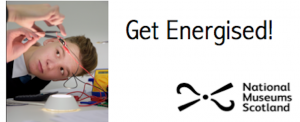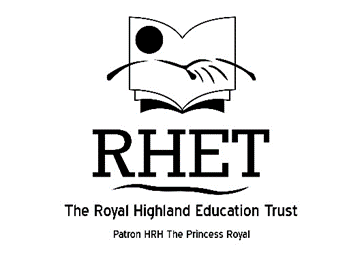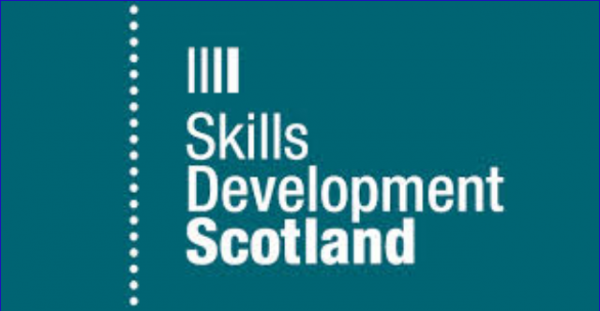 Join the National Museum of Scotland on Wednesday 23rd March at 4pm to investigate Scotland’s future energy needs, focusing on renewable energy.
Join the National Museum of Scotland on Wednesday 23rd March at 4pm to investigate Scotland’s future energy needs, focusing on renewable energy.
This session is suitable for teachers in upper primary and lower secondary. Through interactive and hands-on activities we will offer some ideas for the classroom and link to topical science with information about renewable energy in Scotland.
You will also hear about opportunities to visit National Museums Scotland with a class as part of the Get Energised programme. http://www.nms.ac.uk/about-us/schools-programme/get-energised/
Sign up and join us live in Glow TV – Get Energised: Renewable Energy in Scotland
If you unable to join us for the live event you can always catch up with the recording at another time – Glow TV’s Watch Again.










